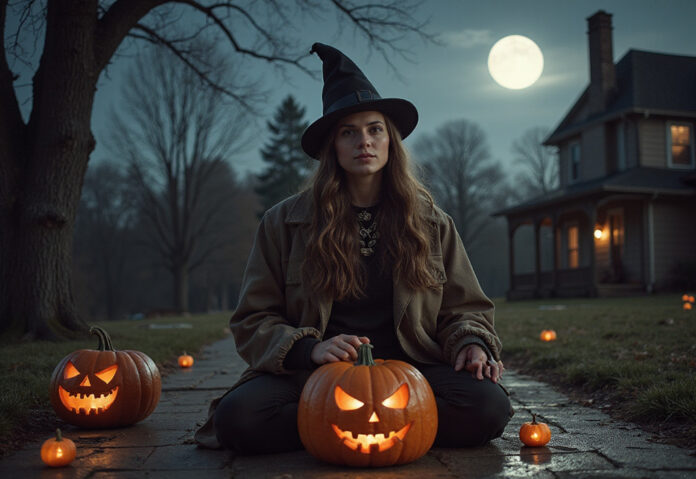Halloween, celebrated every year on October 31st, is a holiday rooted in ancient Celtic traditions, blending folklore, religious customs, and modern pop culture. Originally known as Samhain, it marked the end of the harvest season and the belief that spirits roamed the earth for one night. Today, Halloween has evolved into a festive occasion filled with costumes, trick-or-treating, haunted attractions, pumpkins, and spooky stories, embraced by millions around the world.
20 Interesting Facts About Halloween
- The word “Halloween” comes from “All Hallows’ Eve,” the night before All Saints’ Day.
- Halloween originated from the Celtic festival Samhain, over 2,000 years ago.
- The tradition of wearing costumes started as a way to disguise oneself from roaming spirits.
- Jack-o’-lanterns were originally carved from turnips and potatoes in Ireland.
- Pumpkins became the carving choice after Irish immigrants arrived in North America.
- Trick-or-treating evolved from medieval European traditions like “souling” and “guising.”
- Orange and black are Halloween’s classic colors—orange for harvest, black for death.
- Halloween is the second-biggest commercial holiday in the United States after Christmas.
- Billions of dollars are spent each year on candy, costumes, and decorations.
- A candle inside a jack-o’-lantern was believed to ward off evil spirits.
- Black cats were once thought to be witches’ companions and bad luck omens.
- Owls were also viewed as witches in disguise in medieval Europe.
- Full moons on Halloween are rare, happening only every few decades.
- Candy corn, invented in the 1880s, was originally called “Chicken Feed.”
- “Trick or treat” became a widespread phrase only in the 1930s.
- Haunted houses became popular during the Great Depression to prevent mischief.
- In many countries, Halloween focuses on honoring deceased loved ones, not scares.
- Apple bobbing dates back to Roman traditions celebrating the goddess Pomona.
- The world’s largest pumpkin weighs more than 2,700 pounds.
- The fear of Halloween is called samhainophobia.
